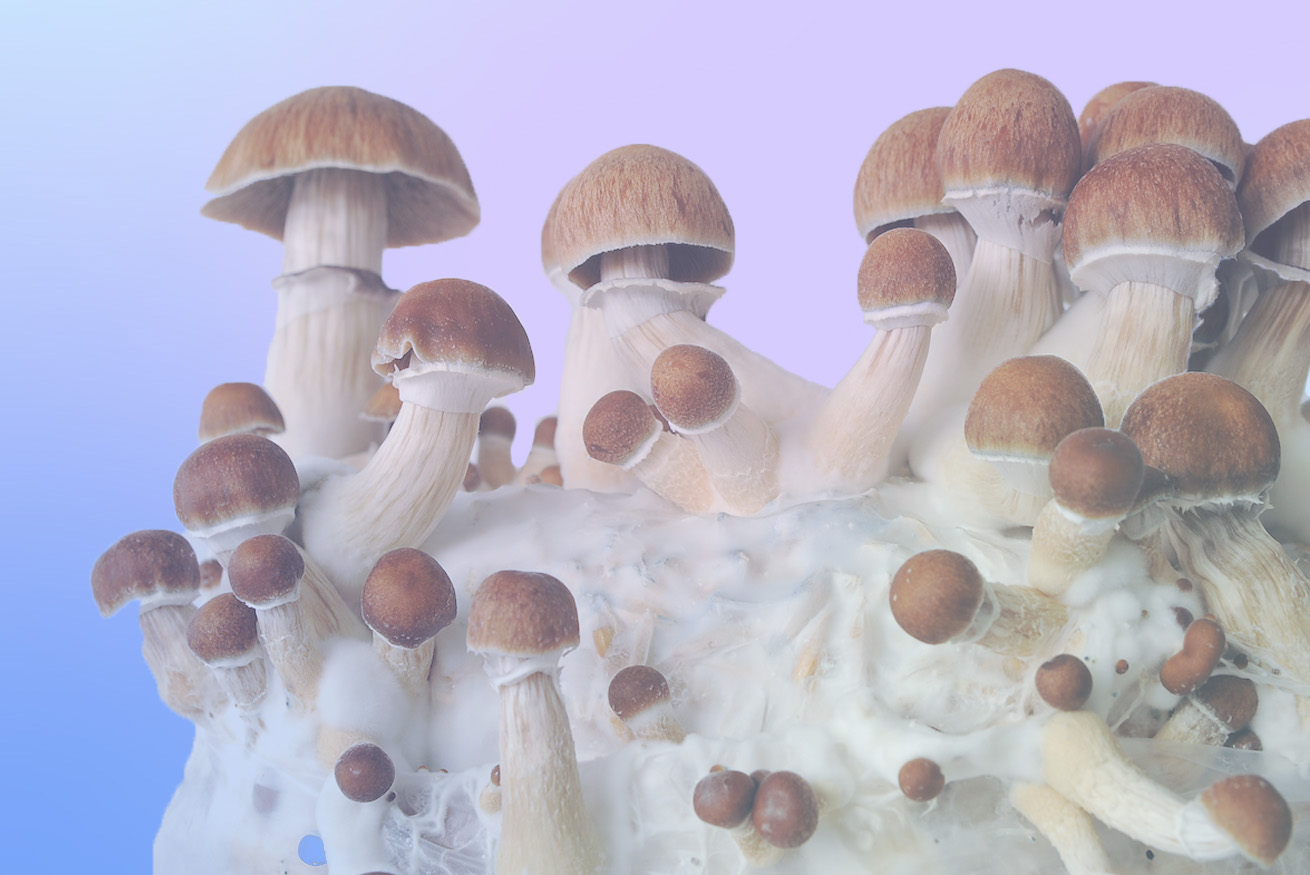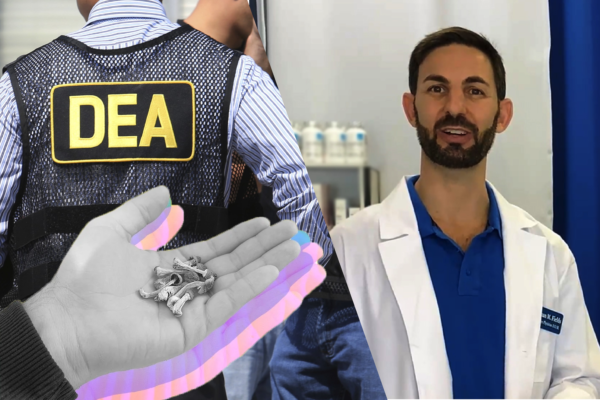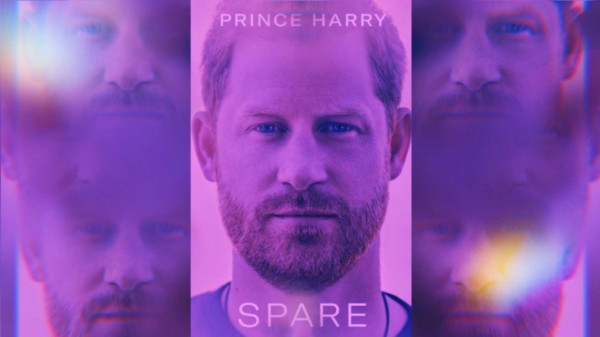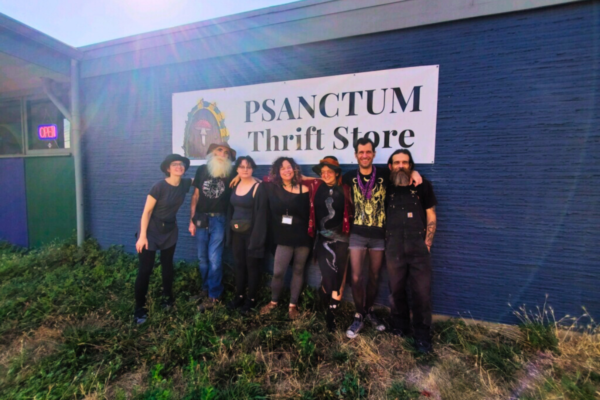
Canada has hosted the country’s first legal group psilocybin therapy session in Vancouver, British Columbia.
The session consisted of 9 end-of-life patients and was facilitated by non-profit health care collaborative My Community Journeys, with a team drawn from ketamine-assisted psychotherapy program Roots to Thrive (RTT).
Psilocybin is not currently approved for therapeutic use in Canada. However, the patients were able to participate in this group therapy session legally after being granted section 56 exemptions under Canada’s Controlled Drugs and Substances Act by Canada’s Federal Minister of Health.
These exemptions are granted on a case-by-case basis for patients experiencing end-of-life distress following a terminal diagnosis, such as a cancer diagnosis, to access therapeutic psilocybin and to health care professionals to allow them to provide this treatment legally.
Health Canada granted permission to carry out the group psilocybin session just three hours before the first session. “It was stressful waiting on that last exemption,” said facilitator and palliative care physician Dr. Valorie Masuda. “But we believed in the process and worked with Health Canada to ensure all measures and parameters were in place to provide a safe and compassionate experience for these nine participants.”
The session was provided to the patients at no cost. However, as demand for psilocybin therapy has increased in Canada, some therapists are charging upwards of $2,000 for a single session. Dr. Masuda added that this therapy should be “part of publicly funded primary health care, not just for those who can afford it.”
During the three weeks before participating in the first therapy session, all 9 patients met as a group, enabling them to bond and feel comfortable sharing their hopes and fears. The results of the group session trial will be shared publicly when the therapy program concludes in December 2021.
The participants described the first session as incredibly moving and healing. “I have trauma to process around the cancer diagnosis — and all of the pain and suffering, and intensity of the last year,” said participant Shamus Birkel. “I felt so grateful, in this experience, the gift of a place where none of the cancer has touched who I am.”
Participant Chelle Sheehan added: “I could go today, but it wouldn’t matter. It was so profound.”
Sadly, in addition to feeling the physical pain related to a terminal illness, many patients at the end of life, in addition to their families and caregivers, experience profound mental suffering, such as symptoms of anxiety and depression. But studies by the University of California Los Angeles, New York University, and Johns Hopkins University have shown that psilocybin — a psychoactive prodrug compound found in magic mushrooms — effectively reduces patients’ end-of-life distress.
Psychedelic-assisted therapy provides new hope for these patients, for many of whom the only other options to find relief from their suffering are terminal sedation, which involves administering a patient with drugs that keep them sedated until death, or Medical Assistance in Dying.





